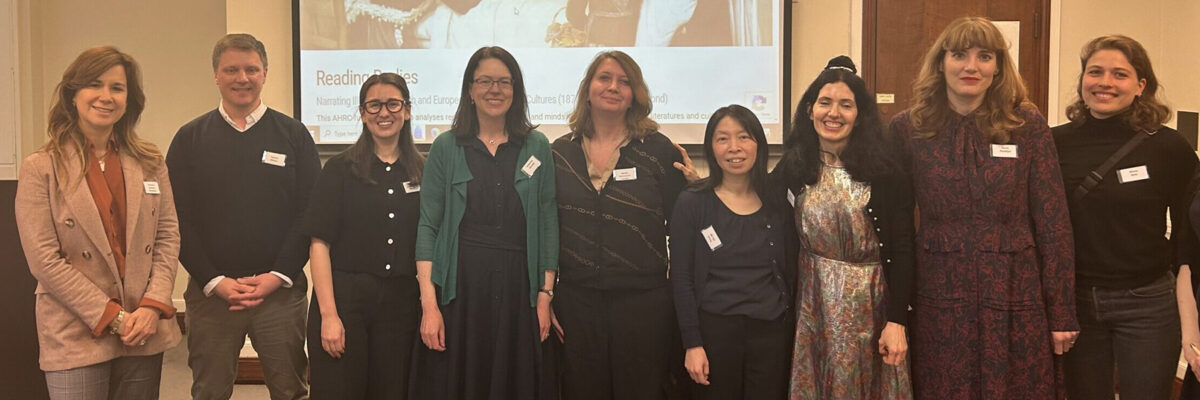
We are looking forward to the third in our series of project workshops for Reading Bodies, hosted by the University of Exeter on 14 June 2024. This creative writing workshop on the theme of Burnout, Overload and Resilience, will be introduced by researchers in Languages, Public Health and Psychology, and led by Dr Sally Flint, a specialist in Creative Writing. A reminder of practical information and what to bring can be found in our flyer below. We invite submissions of writing and illustrations for publication in Riptide Journal.













